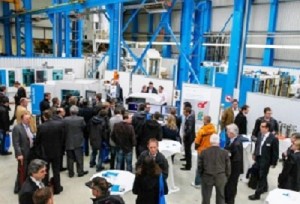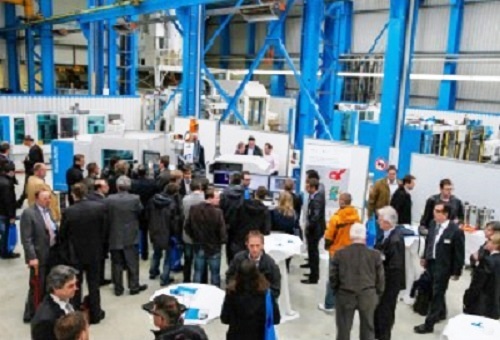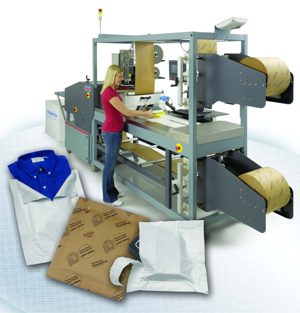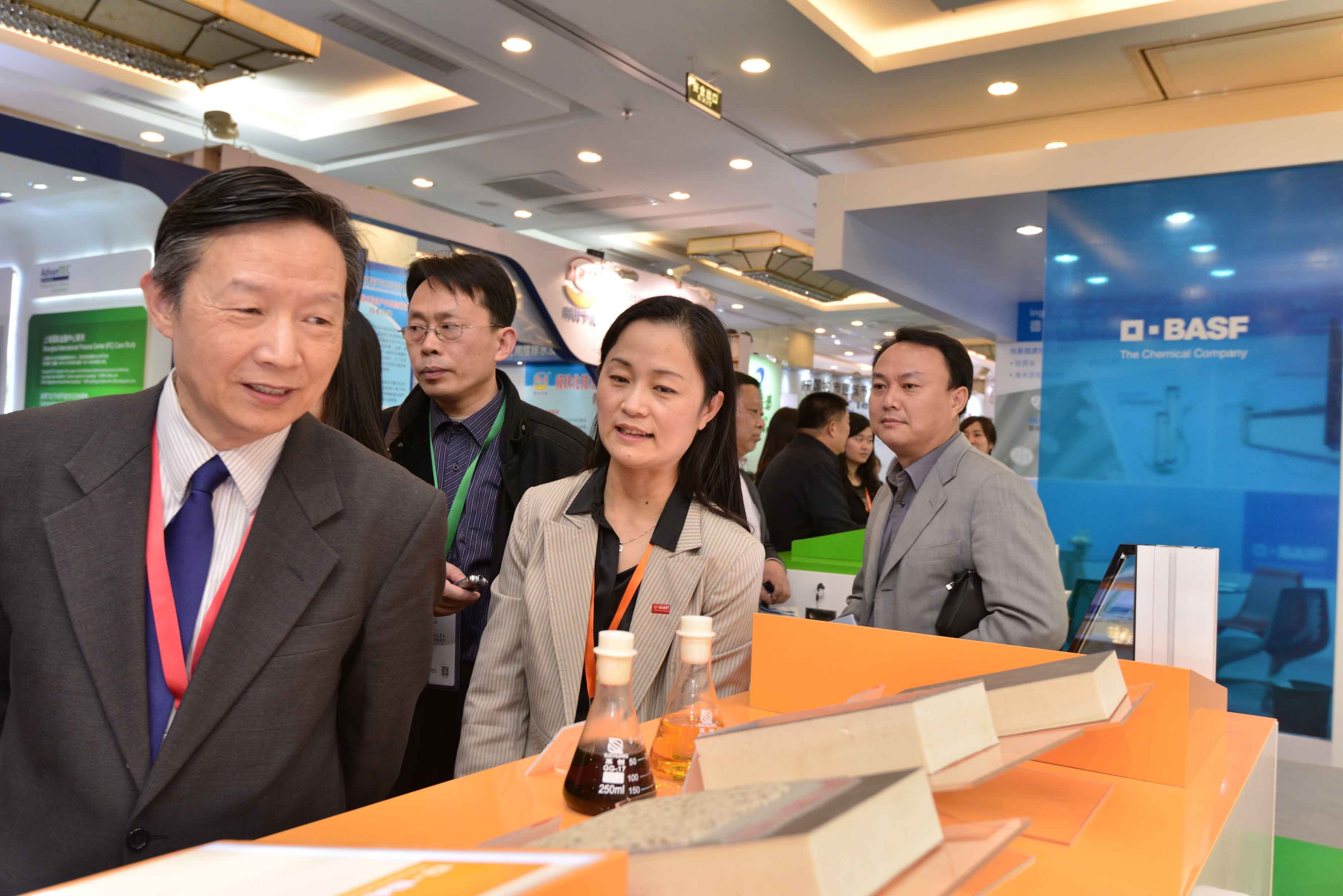
KraussMaffei’s collaborative project “ZuPrEff”, which stands for “Condition-dependent process management for energy-efficient and resource-conserving production of plastic formed parts” concluded recently. “Optimize production results and lower costs with robust and energy-efficient processes” was the central theme which the project partners gwk, Krallmann, the University of Rosenheim, the Fraunhofer Institute IPA and KraussMaffei presented as part of the closing event on April 11.
“We were delighted with the large number of persons attending the closing event,” said Martin Würtele, Head of Technology Development at KraussMaffei. “The high attendance proved that we had found precisely the right topic.”
In the framework concept “Research for future production”, which was financially supported by the German Federal Ministry of Education and Research (BMBF), KraussMaffei and its partners jointly developed solutions during the “ZuPrEff” project to improve energy efficiency during plastic injection molding and, at the same time, ensure process reliability.
The task was to optimize individual process such as melt preparation and mold tempering and subsequently to establish an interlinked system for monitoring the entire process, particularly with a combined machine and heat-balancing control system. As a basis for energy-optimized process setting, an informative energy monitoring system was developed for the entire process.
Thanks to the integrated monitoring system which includes all components, process deviations are detected at an early stage and corrected. In this way, the running-in period is shortened and process reliability is increased, says the German machinery supplier.
Overall, the number of rejects produced is said to be significantly reduced, which enables huge savings of all resources to be made. The savings are especially large if the energy and working hours required for the manufacture of materials and the recycling or disposal of rejects are considered when determining energy and resource efficiency.
According to KraussMaffei, the sum of the proven savings from the energy-saving potential significantly exceeds the forecast values, at 35%. “We consider the condition-dependent management of the injection molding process to have by far the greatest potential for future increases in productivity in injection molding production,” highlights Dr Reinhard Schiffers, Head of Machine Technology and Testing at KraussMaffei.
Source: http://www.adsalecprj.com/Publicity/MarketNews/lang-eng/article-67004134/Article.aspx








